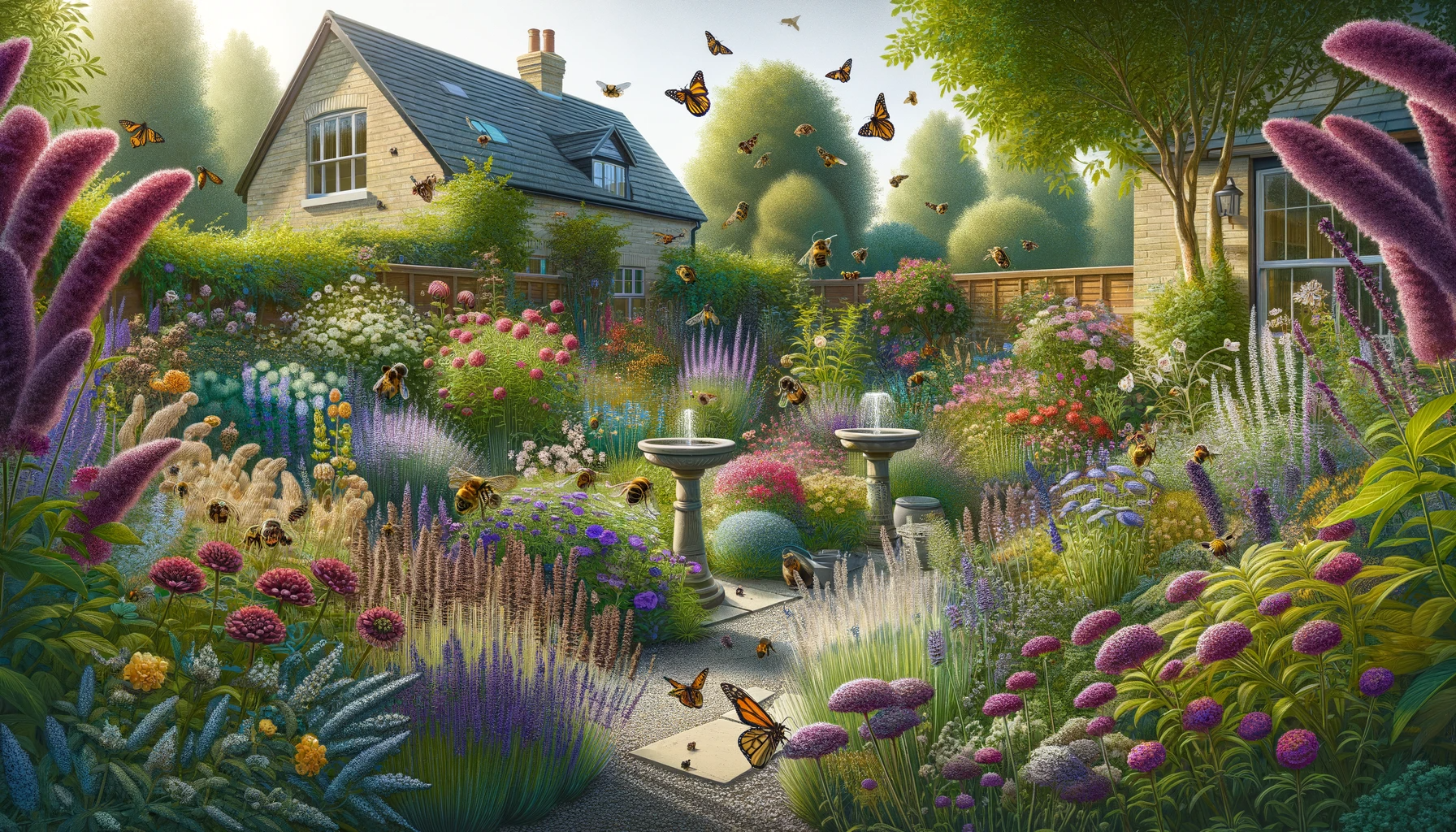Pollinators, such as bees and butterflies, play a crucial role in our ecosystem by helping plants reproduce. To support these essential creatures and contribute to a healthier environment, consider implementing these seven no-mow tips for creating a pollinator-friendly garden.
7 No-Mow Strategies to Support Pollinators
Plant Native Pollinator Plants:
One of the most effective ways to attract pollinators to your garden is by planting native pollinator plants. These plants have evolved to thrive in your local environment, making them excellent sources of nectar and pollen. Opt for a variety of native plants that bloom at different times throughout the year, ensuring a continuous food supply for pollinators.
Install a Pollinator Garden:
Dedicate a portion of your outdoor space to a dedicated pollinator garden. Select native plants that offer nectar and pollen throughout the seasons. To enhance your garden’s appeal to pollinators, include nesting sites and water sources that will encourage them to visit and establish a habitat.
Create a Garden Meadow:
Transforming part of your yard into a garden meadow is a low-maintenance way to provide essential habitat and sustenance for pollinators. Allow native plants to grow naturally, fostering a diverse range of vegetation that attracts various pollinators.
Leave Some Leaves:
In the fall, consider leaving some leaves on your lawn rather than raking them all away. This leaf litter provides a safe shelter for pollinators during the winter months and helps protect the soil from erosion.
Mulch Your Lawn:
Mulching your lawn offers multiple benefits for pollinators. It reduces the need for frequent mowing, creating a more natural habitat. Moreover, mulch helps protect the soil and can prevent weed growth, contributing to a healthier environment for pollinators.
Plant a Wildflower Patch:
Introducing a wildflower patch is an easy and effective way to support pollinators. Wildflowers are not only low-maintenance but also provide abundant food and habitat. Choose native wildflowers to your area for the best results.
Reduce Chemical Use:
One significant contribution is reducing pesticides in your garden. Embrace organic practices, like hand weeding and natural predators. These methods are more effective and safer for vital pollinators.
Conclusion:
In conclusion, creating a pollinator-friendly garden is a rewarding endeavor that helps sustain vital pollinators while enhancing the beauty of your outdoor space. Implementing these seven tips will not only attract pollinators but also contribute to a healthier, more environmentally friendly garden for years to come.

